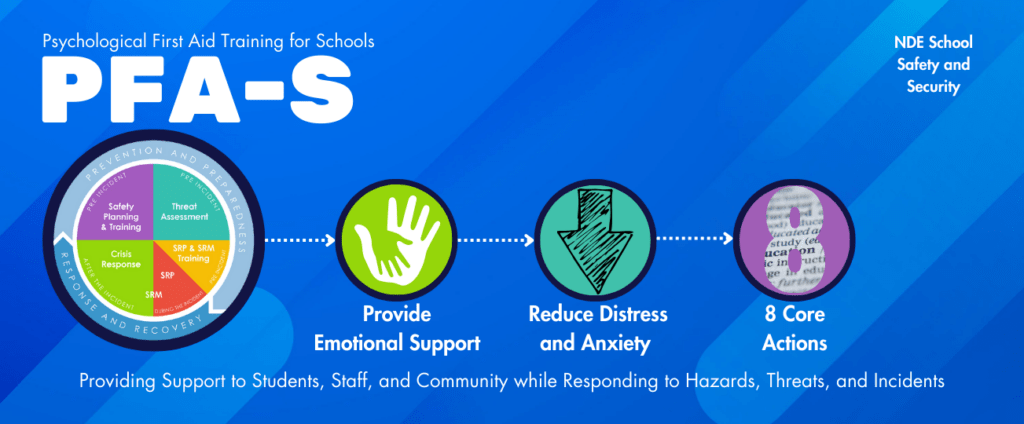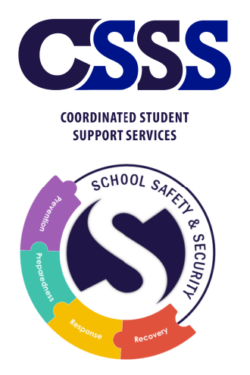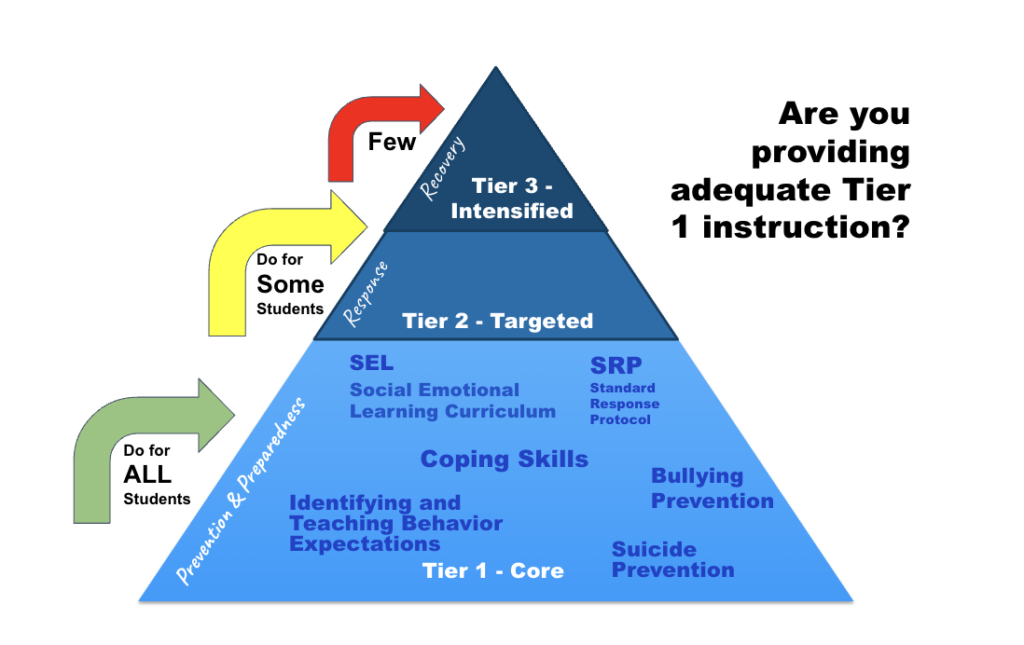Psychological First Aid for School FAQ

FAQ
The Psychological First Aid for Schools (PFA-S) program trains school staff and equips them with effective crisis response strategies. The program’s main objective is to ensure the safety and well-being of students, staff, and families by being prepared and responding quickly during crises. PFA-S focuses on eight core actions: initiating contact, ensuring safety, stabilizing emotions, gathering information, establishing support networks, teaching coping skills, and facilitating collaborative services. The aim is to create a safe and supportive learning environment for everyone involved, and The PFA-S team responds to any hazards, threats, or incidents in the district. We train all staff members in every school district building using the Nebraska School Safety model, which offers a common language and evidence-informed interventions to assist students, staff, and families. Our program builds resiliency and helps students and staff recover and utilize adaptive coping strategies.
Key points about PFA-S:
- Provides staff with skills to intervene quickly when a hazard, threat, or incident occurs.
- Provides common language. Common language between students, staff, families, and responders creates an expedited response.
- It’s an evidence-informed intervention model that assists students, staff, and families.
- Provides organization and structure to your crisis response.
- Utilizes skill strengths that already exist in your staff.
- Offers practical assistance & information.
- Provides emotional support.
- Promotes coping skills.
- Provides referrals to other services if needed.
- Any trained staff member or community partner can use it.
- Uses brief interventions to produce positive results that last.
- PFA Builds resiliency and helps students and staff members recover and utilize adaptive coping strategies.
We train teams to be aware of at-risk populations, such as students and staff who have experienced prior traumatic events or who have a history of depression or suicidal thoughts. PFA-S is sensitive to racial and cultural diversity; team members become more aware of their own biases, values, and diversity in their buildings. We also discuss considerations for students with disabilities.
The Psychological First Aid for School and Crisis teams are trained staff who respond to hazards, threats, and incidents in every district. The main difference between the two terms, PFA-S and crisis team, is that the federal Emergency Operations Plan (EOP) training uses the Psychological First Aid for School terminology and the role of the PFA-S team is expanded to be an essential part of the school safety model: Prevention, Preparedness, Response, and Recovery. Districts can use either name, PFA-S or crisis team, for their trained response team, but every district needs to have at least one trained team that can respond swiftly and effectively.
The Nebraska Department of Education (NDE) offers training on Psychological First Aid for Schools (PFA-S), covering the 8 core actions of PFA-S) in addition to explaining the role of PFA-S in the school district EOP and its role in the Nebraska School Safety Model: Prevention, Preparedness, Response, and Recovery. Additionally, NDE provides training for ESUs to help them develop support for their school districts. The training is based on the Psychological First Aid for Schools Field Operations Guide from the National Child Traumatic Stress Network National Center for PTSD.
The Incident Command System (ICS) is a standardized approach to the command, control, and coordination of emergency response used in the US. It was initially developed to address problems of inter-agency responses to wildfires in California and Arizona but is now used in all-hazards situations, ranging from active shootings to hazmat scenes. ICS is required for all school districts receiving federal emergency preparedness funding, and PFA-S training covers ICS and provides practice in applying ICS in specific scenarios. The system provides a common hierarchy within which responders from multiple agencies can be effective and has acted as a pattern for similar approaches internationally.
All school districts have MTSS (Multi-tiered Systems of Support) in place. Tier 1 is things we do for ALL students. We want to be proactive and preventative. We know that if the school district does an excellent job implementing Tier 1 components, the Tier 2 and 3 tasks will be manageable. The goal is to build a positive, safe, supportive learning environment. The more time you spend to build Tier 1, the more successful your response to a crisis will be.”








